We transmit information using language and work to understand that information with culture, all on the way to finding solutions. Our perception highly influences our understanding, meaning the view you have of the situation can and will differ from others'. Moreover, perception creates expectations.
Working with Others toward a Solution
I recently undertook the challenge of finding a publisher for my manuscript. The publishing process can be bewildering, complete with a host of agents, publishers, and even several avenues to self-publish. These create convoluted pathways and foggy outlines of timing to a book.
Neither are the pathways well lit: big publishers only take manuscripts from agents; other publishers take them from either agents or authors; some agents accept only by referral. A multitude of overlapping interests exists. As a naïve, first-time author, I proceeded tentatively, carefully, and with deliberative preparation.
I sent out my first volley of emails to agents. Some days and weeks passed with few replies; I thought I needed to step up my engagement. Soon I had exhausted my list of agents, and I turned to contacting publishers. Over many weeks, I began receiving replies from helpful agents and publishers who provided me detailed feedback, reflecting their interest, uncertainty, or rejection.
One particular agency suggested some reasonable changes to my manuscript. Providing those changes elicited only a lukewarm response, and still no offer of representation. Suggestions for more changes followed, still without an offer. The agent responded tepidly to my follow-ups and ignored my requests to discuss by phone. Now, what should I do?
Divining Perceptions
Negotiation relies on an understanding of the context and personality and the willingness to develop rapport and flexibility. A negotiator prepares for the first two elements while the latter two require skills in the moment. The parties’ individual perceptions of these elements dominate many negotiations.
We harbor perceptions rationally and unintentionally. We perceive and understand those of others accurately and inaccurately. How we perceive another’s situation also influences our own perspective and how we choose to proceed.
Preparation of the Possibilities
Negotiators assess goals and framing in preparation. They construct optimal targets balanced over a range of possible benefits, expected to be agreeable to the other party, and sufficient to be worth the time and effort of negotiation.
They also consider different frames of reference, influencing their understanding of the context and goals. Framing can focus perceptions and structure pathways in the present and future. Framing drives each party’s expectations.
Engagement in the Realities
Negotiators dynamically assess the creation of support and changes in direction during engagement. They work to analyze how much ambiguity is just right in a discussion - too much causes confusion; too little irritation.
They also consider the level of reciprocity. If one party provides, they expect the other to respond in turn. We assess a negotiation’s direction and need for change based on reciprocal actions. Reciprocity is a lodestone in navigating the map of negotiation.
-- --- ·-· ··· · -·-· --- -·· ·
The agent’s tepid response and request for more changes felt misplaced without an offer. The agent eventually acknowledged that their business had been impacted by COVID-19, although in a ‘crazy busy’ way. While awaiting the agent’s next step, I received an offer from a small publisher, giving me the opening to inquire politely about the agent’s actual interest level.
That triggered a volley of aggressive emails. The agent attacked me for contacting any publishers. My offer to exclude further submissions from the agency’s targeted publishers elicited claims that I was trying to poach their contact list. The agent proclaimed that I’d committed the classic sin of a neophyte, leaving me with the only option of self-publishing.
Without taking up my repeated offers to talk, a final volley of emails flew, ending the engagement. I’ll never know what I didn’t know. With divergent expectations, the negotiation failed.
Negotiations Fail for Understandable Reasons
The ability to trade places with another and see a situation from their perspective is a critical skill in negotiation. Written communication lacks a rich context, putting script at a disadvantage. High context and thoughtful perspective leads to the shared expectation of successful negotiation.
Expectations come in many shapes and sizes! https://youtu.be/OB-AlDfE_vQ

